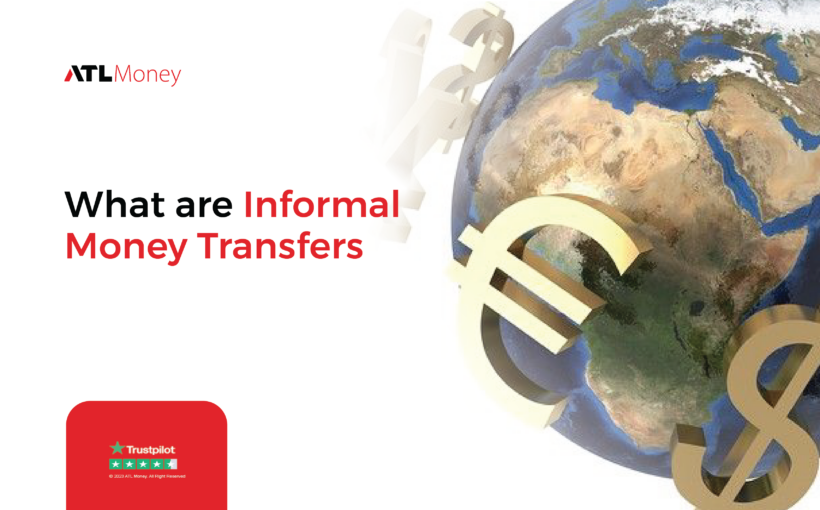When sending money internationally, there are different ways to transfer funds. We will examine one of them. One method is through informal money transfers, which occur outside traditional banking systems.
Informal transfers can take the form of cash carried by a trusted individual traveling to the recipient’s location, or through informal networks of money exchange operated by individuals or small businesses. While informal transfers can be convenient and culturally relevant for many people, it’s important to consider the potential risks and lack of regulatory oversight associated with these methods.
In the next section, we will explore what informal money transfers are, how they work, and what to consider when sending money abroad.
Explaining Informal Money Transfers
Informal money transfers, also known as alternative remittance systems or informal remittance channels, refer to the process of sending money internationally through methods that do not involve traditional banking systems. These methods are often used by people who don’t have access to formal banking services or prefer alternative ways to send money.
Informal transfers can offer several benefits, especially for people in communities where traditional banking services may be limited or inaccessible. One of the advantages of informal transfers is the speed at which money can be sent and received, as transactions can often be completed within a short period.
Additionally, informal transfer methods may also be more flexible in terms of the amount of money that can be sent and the locations where funds can be collected, providing convenience for both the sender and the recipient.
Some Methods of Informal Money Transfers
1. Hawala Networks:
Hawala is a popular technique of informal money transfer based on trust. It is used in locations with limited or unstable official financial services. Instead of physically transporting money, hawala uses middlemen to settle transactions based on trust and reputation.
2. Cash-Based Systems:
Cash-based systems involve physically carrying money when traveling between countries or communities. This method relies on trusted individuals like friends or family members who deliver the funds to the intended recipients. Cash transfers are less common due to security and regulatory concerns.
3. Mobile Money Transfers:
With the growth of technology, mobile money transfers have become popular, especially in Africa. These transfers are done through mobile-based platforms that allow users to send and receive money using their smartphones. Local agents facilitate the transactions, offering convenience, accessibility, and security.
Factors to Consider for Informal Money Transfers
1. Trust and Reliability:
Informal transfers rely on trust between parties as there aren’t a lot of legal protections. It’s crucial to verify the reputation and trustworthiness of the intermediaries or platforms to avoid potential scams or financial losses.
2. Cost and Exchange Rates:
While informal transfers may have lower costs than traditional methods, it’s important to consider the fees and exchange rates. Compare different options to find the most cost-effective solution with competitive rates.
3. Security and Risk Mitigation:
Informal money transfers carry risks like fraud or theft. Choose platforms or channels that prioritize security measures, such as encryption and user verification, to protect your funds during the transfer process.
4. Regulatory Compliance:
Informal transfers might operate in a legal gray area. Ensure that the chosen method complies with local regulations to avoid legal and financial issues.
To conclude,
Informal money transfers offer alternative channels for sending money abroad, particularly in regions with limited access to formal banking. Understanding methods like hawala networks, cash-based systems, and mobile money transfers is crucial when considering these options. However, factors such as trust, cost, security, and compliance should be considered to ensure a safe and reliable transfer process.
Easily send money abroad with ATLMoney—a trusted platform for hassle-free money transfers.
